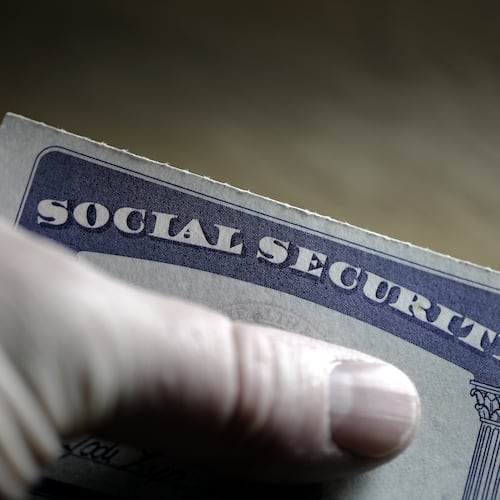A total of five Texas Democratic state legislators have now tested positive for the coronavirus, as the delegation enters their second week of staying in the nation’s capitol to protest proposed GOP voting laws.
According to the Texas Tribune, the news comes at the same time Vice President Kamala Harris visited Walter Reed Medical Center for what is being called a “routine” visit after meeting with the Lone Star lawmakers last week.
Private planes carrying more than 50 Democrats left Austin for Dulles International Airport last week, skipping town just days before the Texas House of Representatives was expected to give early approval to sweeping new voting restrictions in a special legislative session.
The numbers meant the House would not have enough lawmakers in attendance to conduct business and could not, at least for now, vote on the bill.
The cross-country exodus was the second time that Democratic lawmakers have staged a walkout on the voting overhaul, a measure of their fierce opposition to proposals they say will make it harder for young people, people of color and people with disabilities to vote.
But there remains no clear path for Democrats to permanently block the voting measures or a list of other contentious GOP-backed proposals up for debate.
Hours after they took off, Republican Gov. Greg Abbott told an Austin television station he would simply keep calling special sessions through next year if necessary and raised the possibility of Democrats facing arrest upon returning home.
“As soon as they come back in the state of Texas, they will be arrested, they will be cabined inside the Texas Capitol until they get their job done,” Abbott said.
Democrats’ decision to hole up in Washington is aimed at ratcheting up pressure on President Joe Biden and Congress to act on voting at the federal level. Biden delivered a major address on the issue last week in Philadelphia, after facing growing criticism for taking what some on the left call too passive a role in the fight.
The Texas bills would outlaw 24-hour polling places, ban ballot drop boxes used to deposit mail ballots and empower partisan poll watchers.
The measures are part of the GOP’s rush to enact new voting restrictions in response to former President Donald Trump’s unfounded claims the 2020 election was stolen. More than a dozen states this year have already passed tougher election laws.
The state has a history of attention-getting political tactics. Texas Democrats, shut out of power in the state Capitol for decades, last fled the state in 2003 to thwart a redistricting plan. They ultimately lost that fight.
Turner noted this time the state lawmakers had dual goals. They called on Congress to pass the Democrat-backed federal voting rights law prior to when they go on August recess, which is around the same time Texas’ special session will end. He said the group would meet with Democrats across Washington, but a White House official said there are no current plans for a White House visit.
Back in Texas, Republican House Speaker Dade Phelan promised to use “every available resource” to secure a quorum. He did not elaborate, but some House Republicans signaled they would take action when the chamber reconvenes Tuesday. When Democrats fled the state two decades ago, state troopers were deployed to bring them back.
But it was not immediately clear who was footing the bill for the Democrats’ trip. Martinez Fischer said he would use his own campaign funds to pay for hotels for House members but declined to comment on who funded the chartered flights.
Two weeks ago, Texas Republicans began advancing measures that also bring back provisions to ban drive-thru voting, add new voter ID requirements to absentee ballots and prohibit local elections officials from proactively sending mail-in ballot applications to voters. Abbott also gave lawmakers a lengthy to-do list this summer, heavy on hot-button conservative issues including restrictions over how race is taught in schools and banning transgender athletes from playing in girls’ sports.
The decision to flee carries risks and no guarantee of victory in the long run.
Abbott, who is up for reelection in 2022 and has demanded new election laws in Texas, could keep calling 30-day special sessions until a bill is passed. He also punished Democrats after their May walkout by vetoing paychecks for roughly 2,000 Capitol employees, which will begin taking effect in September unless the Legislature is in session to restore the funding.
Staying away for an extended time could also carry repercussions in next year’s midterm elections, although many Texas Democrats are already expecting a difficult cycle in 2022, particularly with Republicans set to begin drawing new voting maps this fall that could cement their majorities.
About the Author
The Latest
Featured


